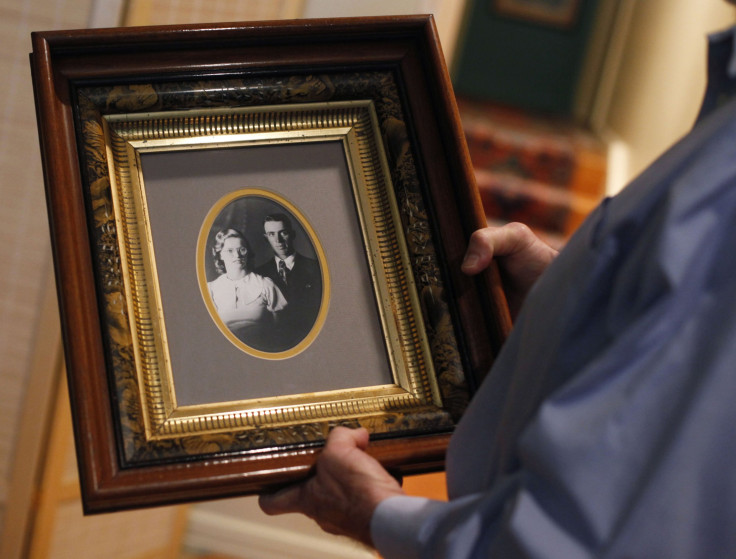Alzheimer’s Takes Center Stage As New Plays Tackle Memory Loss

LONDON (Reuters) - Alzheimer's disease is moving out of the shadows as new plays tackle head-on the emotional pain of a condition that robs its victims of words, memories and coherent thought.
For a generation of young playwrights, dementia is proving to be a touchstone issue as taboos around the condition fall away and the disorder reaches into the lives of more and more families worldwide.
Florian Zeller's "The Father", an account of an elderly man with dementia that won the 2014 Moliere award for France’s best play, is now winning rave reviews in London's West End, on the heels of the success last year of Barney Norris's "Visitors".
On the big screen, too, Julianne Moore has helped bring the subject into the global cultural mainstream, picking up the Oscar for Best Actress this year for her role as a university professor with Alzheimer's in "Still Alice".
The latest offering is Nicola Wilson's raw and heartfelt "Plaques and Tangles" at London's Royal Court theater, a promoter of new drama, which explores the medical origin and implications of the disease.
The title refers to the best-guess theory that Alzheimer's is caused by clumps or "plaques" of proteins building up between nerve cells, and by the twisted fibers of another protein forming tangles inside dying cells.
It tells the story of Megan, an aspiring lexicographer, who learns on the eve of her wedding that she has a 50-50 chance of carrying the gene for early-onset Alzheimer's.
She develops the disease in her 40s, and the play jumps around disconcertingly in time and space, matching Megan's own failing grasp on reality. Two actors portray her at different stages in her life, and one scene is even played in reverse.
"I can't think. But I still feel," Megan declares. "And, most of the time, I feel scared."
Dementia affects close to 50 million people worldwide, and the figure is set to hit 135 million by 2050, according to Alzheimer's Disease International.
It may be painful but experts in the field welcome the current artistic attention.
"By shining a spotlight on dementia through the arts we can help more people understand the condition and tackle the stigma many face,” said Nikki Crowther, head of community engagement at Britain's Alzheimer’s Society.
(Editing by Michael Roddy and Kevin Liffey)



























